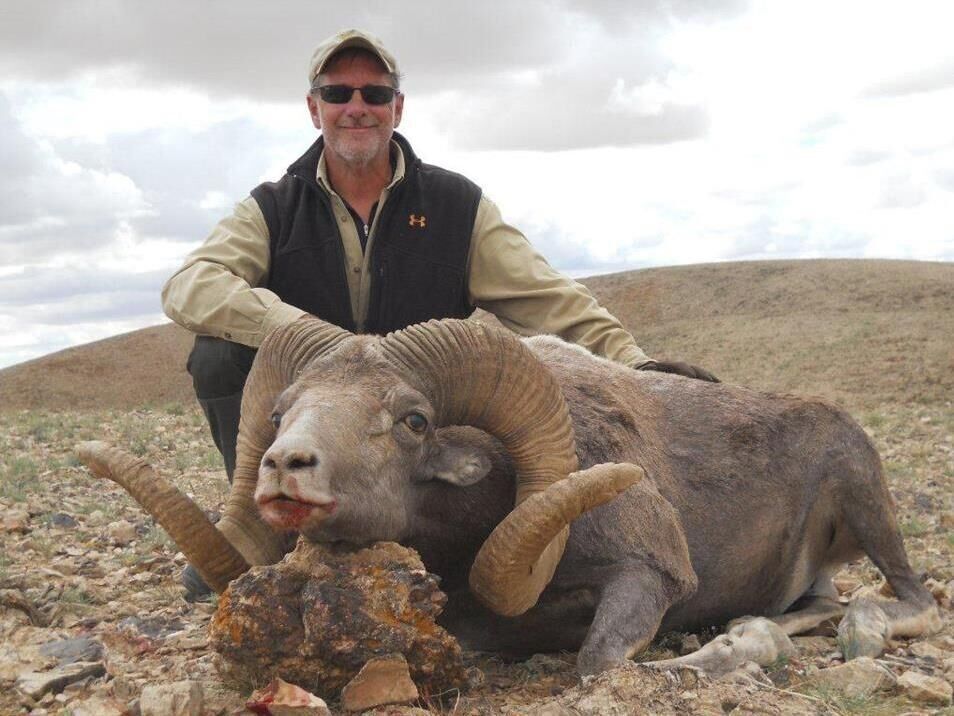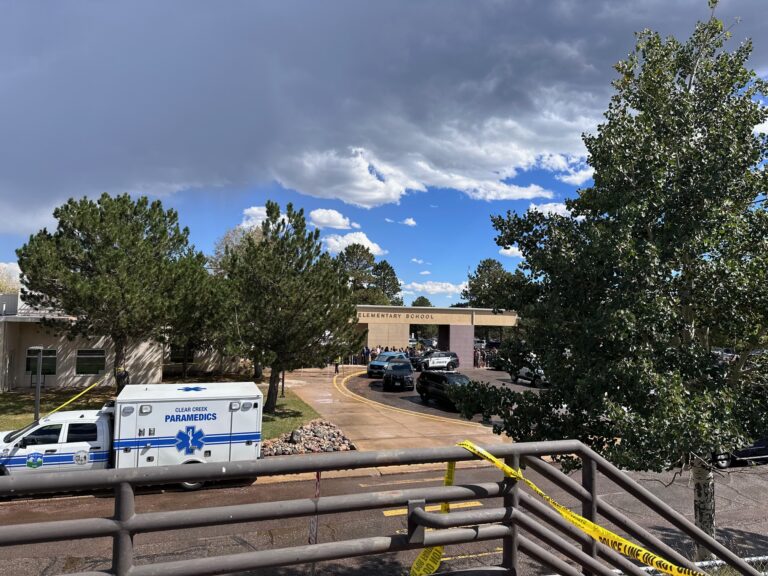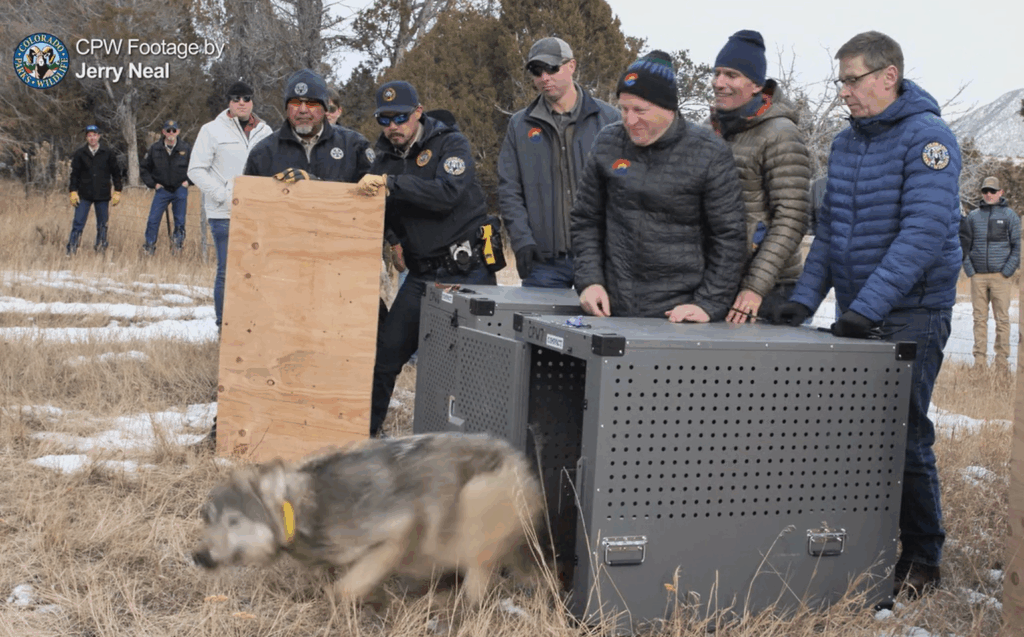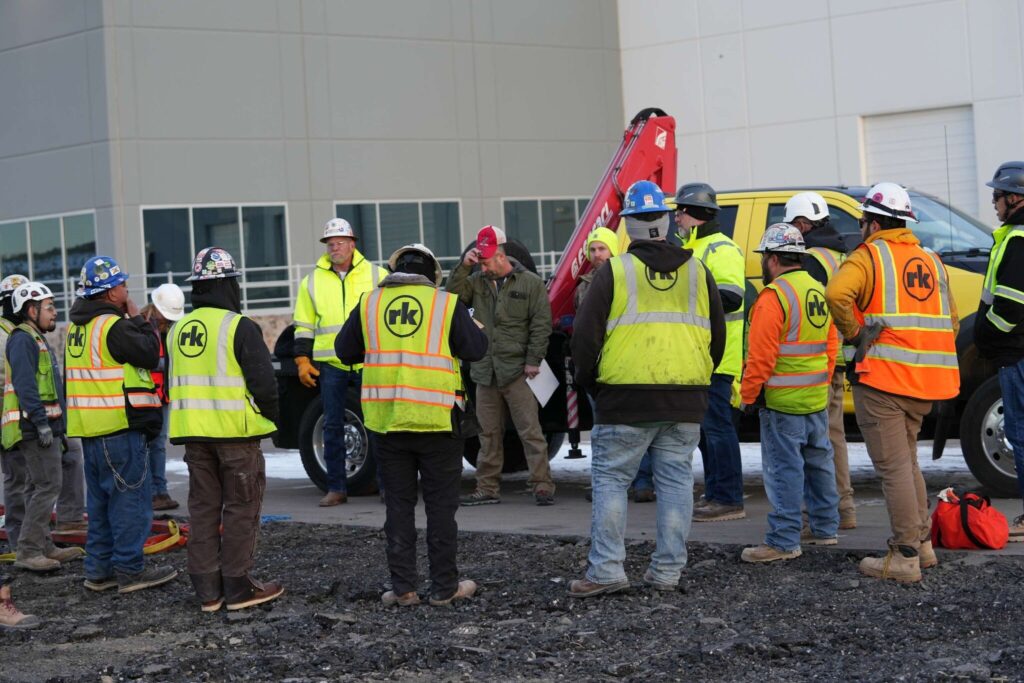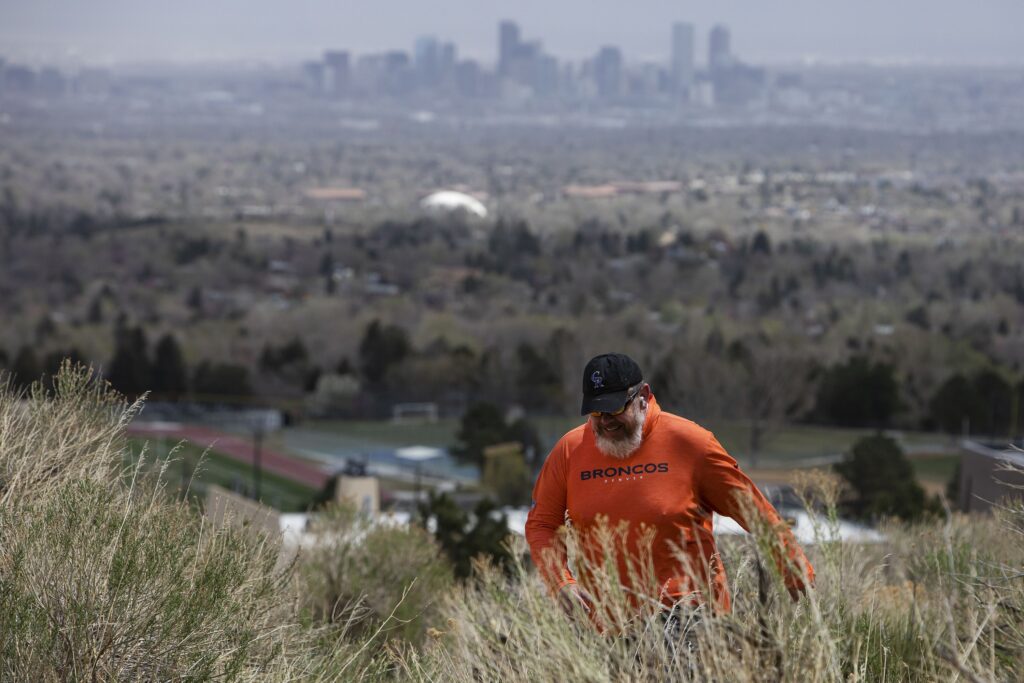US decides to keep protecting more than 2,000 Rocky Mountain grizzly bears | OUT WEST ROUNDUP
MONTANA
US keeps grizzly bear protections
BILLINGS — The Biden administration said on Jan. 8 it will continue protecting about 2,000 grizzly bears in the Rocky Mountains despite opposition from Republican-led states.
Federal officials also said they would ease some restrictions as conflicts between bears and humans rise. Ranchers operating outside of designated grizzly recovery zones would be allowed to shoot the predators if they attack livestock or dogs. And state officials could be authorized to capture and relocate bears to prevent potential conflicts.
Protections will be withdrawn in states where grizzlies are no longer found, including California, Colorado, New Mexico and Oregon.
The U.S. Fish and Wildlife Service decision could be revisited under President-elect Donald Trump’s incoming administration.
Dead cattle and high blood pressure: Wolf depredation takes toll on Colorado ranchers
Grizzlies are fearsome bruins that can reach 800 pounds and live more than 25 years. They’ve been protected as a threatened species across the lower 48 states since 1975. Officials during Trump’s first term sought to eliminate those protections but were reversed in court.
Republican officials in Montana, Idaho and Wyoming petitioned the Fish and Wildlife Service beginning in 2021 seeking to reclaim state management of the grizzly population. That would open the door to hunts, although state officials have said those would be limited and not endanger the overall population.
Federal officials said they will work toward ending protections, but declined to offer a timeline.
UTAH
Bid to take over public lands rebuffed
WASHINGTON — The Supreme Court turned back a push by the state of Utah to wrest control of vast areas of public land from the federal government on Jan. 13.
The high court refused to let the GOP-controlled state file a lawsuit seeking to bring the land and its resources under state control. The decision came in a brief order in which the court did not explain its reasoning, as is typical.
In the Western state known for its rugged mountains popular with skiers and red-rock vistas that draw throngs of tourists, federal agencies control almost 70% of the land. Utah argues that local control would be more responsive and allow the state access to revenue from taxes and development projects.
On life support: Tight budgets, dwindling volunteers, bureaucracy burdens frustrate Colorado's rural fire departments
Its complaint sought control of about half of federal land, which still amounts to an area nearly as large as South Carolina. The parcels are used for things like energy production, grazing, mining and recreation. Its world-famous national parks and national monuments would have stayed in federal hands.
While lawsuits typically start in federal district courts and eventually work their way up to the U.S. Supreme Court, disputes involving states can start at the nation’s highest court if the justices agree to hear them.
ARIZONA
Prosecutors seek to revive death penalty
PHOENIX — Prosecutors in Arizona are seeking to execute a prisoner in what would mark the state’s first use of the death penalty after a two-year pause. The Arizona Attorney General’s Office asked the state Supreme Court on Jan. 10 to issue a warrant for the execution of Aaron Brian Gunches, who pleaded guilty to murder in 2007.
The court had issued a death warrant for Gunches nearly two years ago, but the sentence wasn’t carried out because the state’s Democratic attorney general agreed not to pursue executions during a review of the state’s death penalty protocol.
The review ended in November when Democratic Gov. Katie Hobbs dismissed the retired federal magistrate she had appointed to examine execution procedures.
In the new filing, prosecutors said the state is prepared to carry out the execution and that Gunches has waived a state post-conviction review of his case and failed to start a federal constitutional review.
Q&A: Psychiatrist who interviewed Aurora mass shooter talks about what legally insane means
Gunches, who isn’t a lawyer but is representing himself, had asked the court to skip legal formalities and schedule his execution earlier than authorities had planned, saying his death sentence was “long overdue.” The state Supreme Court later rejected his request.
Gunches pleaded guilty to a murder charge in the 2002 shooting death of Ted Price, his girlfriend’s ex-husband, near the Phoenix suburb of Mesa.
Arizona, which has 111 prisoners on death row, last carried out three executions in 2022 following a nearly eight-year hiatus brought on by criticism that a 2014 execution was botched and because of difficulties obtaining drugs for execution.
WYOMING
New rules allow firearms in Capitol
CHEYENNE — Members of the public may soon be allowed to concealed carry firearms within the Wyoming Capitol and its underground extension after the state’s top five elected officials unanimously passed a set of rules governing a new policy on Jan. 8.
Firearms are currently prohibited in the state Capitol, but Gov. Mark Gordon promised, after vetoing a 2024 bill that would have lifted all gun-free zones statewide, to consider lifting gun-free zones in state-owned buildings operated through the executive branch.
The State Building Commission — composed of Gordon and the state’s four other top elected officials — launched a working group to study the possibility of allowing firearms within the underground corridor between the Capitol and Herschler Building, formally known as the Capitol Extension.
A set of rules drafted by the State Construction Department that would allow concealed carry by members of the public within the Capitol complex was proposed in early August, prompting a mix of reactions.
Aurora council votes to opt out of Colorado law banning guns in government buildings
Those who were against the rules change argued the presence of firearms could intimidate people and keep them from testifying during legislative meetings. Those in favor of the rules argued it was their Second Amendment right to protect themselves from potential harm.
A new set of rules was proposed in October, to allow state employees to also carry firearms in the Capitol complex and to include constitutional carry, as long as certain outlined requirements were met.
These rules only apply to the public area of the Capitol and its underground corridor. Firearms would remain prohibited from rooms where government meetings are held.
This new set of rules was adopted by the committee and could go into effect as soon as late February, according to state officials. The rules were submitted to the Legislative Service Office for review before they could be signed into place.




